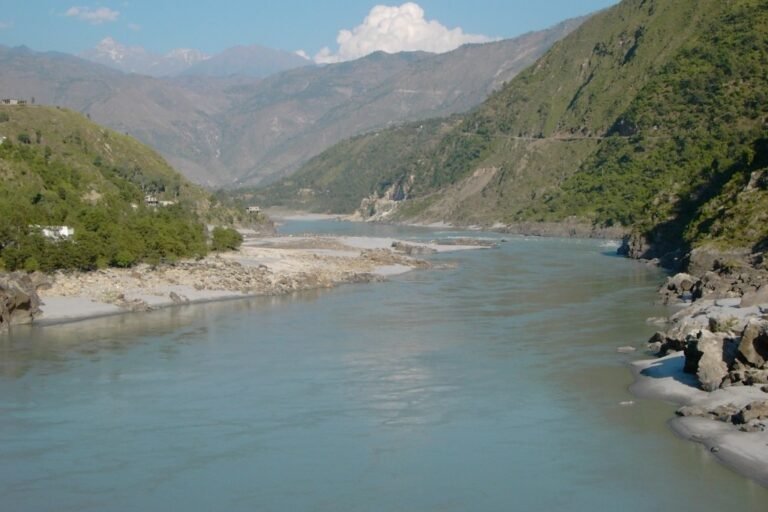India and Pakistan have agreed to a full ceasefire following a terror attack in Kashmir’s Pahalgam. The United States helped mediate the truce. But India is still firm on its earlier decision to suspend the Indus Waters Treaty. This stance may delay peace talks and worsen tensions between the two neighbors.
Ceasefire Reached, But Tensions Remain
Senior military leaders from both countries met on Saturday, May 10. They agreed to stop all military actions on land, sea, and air. This move came after growing fears of war following a deadly attack in Indian-administered Kashmir. Both sides praised the ceasefire. But they remain cautious.
Despite agreeing to the ceasefire, India has made it clear that it will not restart the Indus Waters Treaty for now. The treaty has been in place for 65 years and manages how water from rivers is shared between the two countries. India’s firm position may keep tensions high in the days ahead.
Background of the Indus Waters Treaty
The Indus Waters Treaty was signed in 1960. The World Bank helped broker the deal. It gave India control of three rivers and Pakistan control of three others. Millions of people in Pakistan depend on this water for farming and daily use. Over the decades, the treaty survived wars and many crises.
But things changed after the terror attack in Pahalgam. India blamed Pakistan-based groups for the attack. In response, India said it would suspend the water treaty. This marks the first time India has taken such a major step against the long-standing agreement.
Immediate Impact on Pakistan
Reports from Pakistan show early signs of water shortage. The Dawn newspaper said that on May 4, the flow in the Chenab River was 35,000 cusecs. But by the next morning, it had dropped to just 3,100 cusecs. This sudden change is already hurting local areas.
A senior official in Pakistan’s Punjab irrigation department said that India started cutting off water without warning. The move came as India began filling its own dams and hydro plants. He said this is not just unfair but also a serious breach of trust.
“We rely on this water for our people,” said the official, who asked not to be named. “India is using our share for its own gain. That is not how a treaty works.”
Both countries are expected to hold more talks soon. The U.S. has offered to help further. But with India holding its ground on the water treaty, quick progress is unlikely. Many experts say real peace will depend on trust and deeper talks.
Until then, the people who depend on the Indus and its rivers may face growing trouble. If water continues to be cut off, farms will suffer, cities will feel the pinch, and anger may rise on both sides.
The ceasefire is a big step toward peace, but the Indus water issue remains a major roadblock. India’s refusal to restore the treaty shows how deep the wounds from the recent terror attack run. Unless both nations agree to rebuild trust, lasting peace may stay out of reach.







